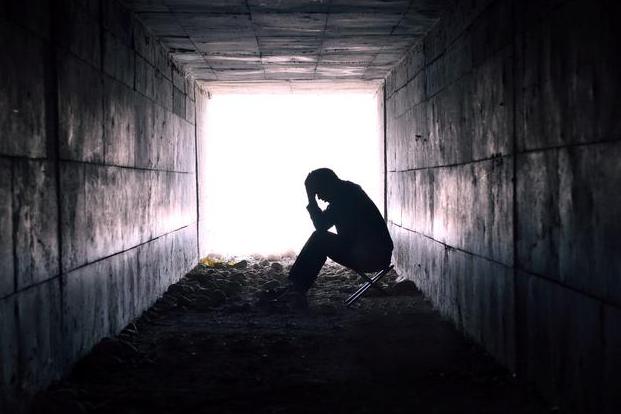Psychosocial disability: Overview
Apr 19, 2022
Psychosocial disability is the term that mental health consumers and careers use to describe the disability experience of people with impairments and participation restrictions related to mental health conditions. While not everyone with a mental illness will experience psychosocial disability, those that do can experience severe psychological effects and social disadvantage.

One of the main examples of psychosocial disability relates to the capacity to use working memory. Most people with psychosocial disabilities that are associated with severe mental illness have a deficit of the working memory. Working memory is that part of the memory which holds in conscious thought our everyday activities or thinking. The social consequences of psychosocial disabilities make functioning in society and negotiating everyday life incredibly difficult for a person with this disorder. Lack of organizational skills affects their functioning and their ability to negotiate housing needs, establish income through Centre link, make and socialize with friends, shop, cook, organize their household and keep appointments. The consequence of such significant incapacity is inadequately addressed by services and can have enormous impacts on families. There is little documented research on the experience of people with psychosocial disability and few ways of measuring their support needs. Until there is a better understanding in the community around the need for psychosocial disability support, data will continue to be inadequate.
Many individuals who experience psychosocial disabilities as a consequence of severe and enduring mental illness still do not receive the supports they so desperately need. These supports can include a range of assistance from providing motivation to get up in the morning through to assistance with personal care, food preparation, managing a household or communicating with people (even those they are close to). While people with psychosocial disability may well be able to undertake these activities they often require support such as prompting to undertake them or assistance with completing complex tasks in sequence. Lack of support often results in an inability to maintain housing and personal care, leading to tragic consequences such as becoming homeless, living in seedy, rundown boarding houses or incarcerated for minor crimes, and worse. A high proportion of those with a severe mental illness are regularly at risk of exploitation and manipulation.


